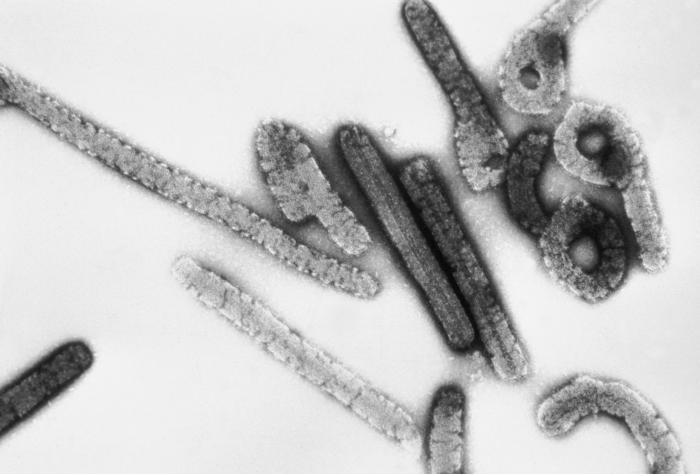
According to Beyond Pesticides, adverse effects from triclosan include skin irritation, allergy susceptibility, endocrine disruption, compounded antibiotic resistance, and of course contaminated water. This article highlights research which found that the hormonal effects included "upsetting the normal balance of thyroid hormones, thereby impairing growth and brain development and of the reproductive hormones estrogen and testosterone, leading to infertility." More recently, both CBS News and the LA Times have reported on a study where triclosan actually inhibited muscle performance in rats. Despite the government's assurance that this ingredient is safe, the studies seem to indicate otherwise.
How to avoid both the viruses and triclosan? First of all, plain soap and water is just as effective at killing flu and cold viruses as is triclosan so make sure to thoroughly wash your hands with plain soap on a regular basis. Secondly, it has been proven that a spray of undiluted vinegar will combat viruses (and bacteria) found on surfaces. This is an inexpensive and environmentally responsible way to combat illness. Finally, use natural brands of items such as toothpaste and mouthwash in order to avoid triclosan and be wary of products that advertise they are treated with an antibacterial agent.



No comments:
Post a Comment